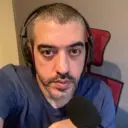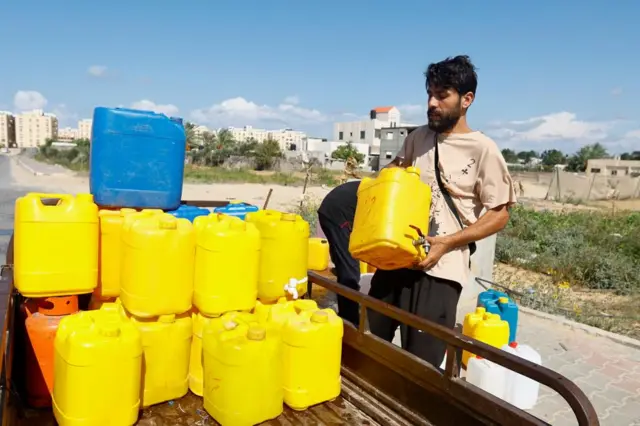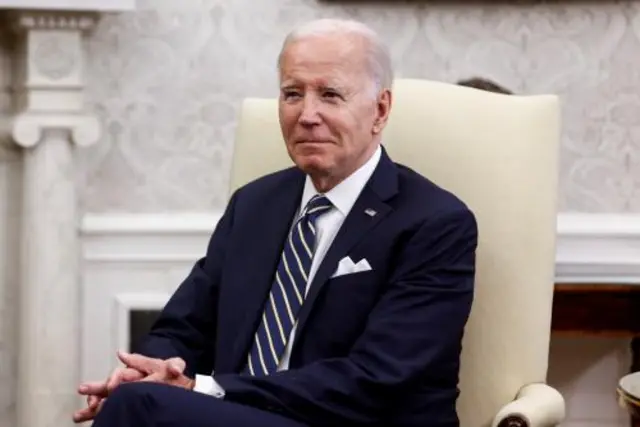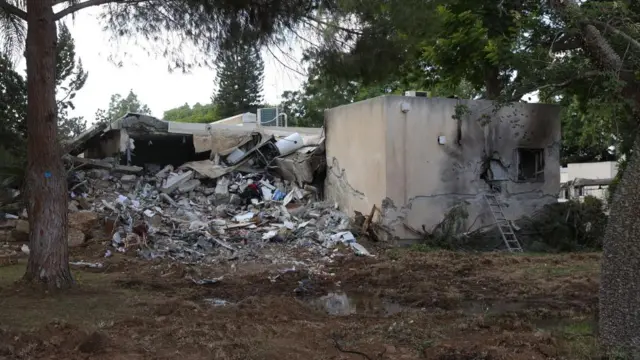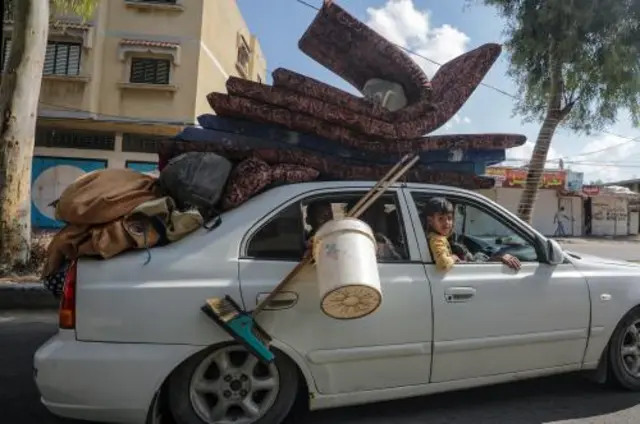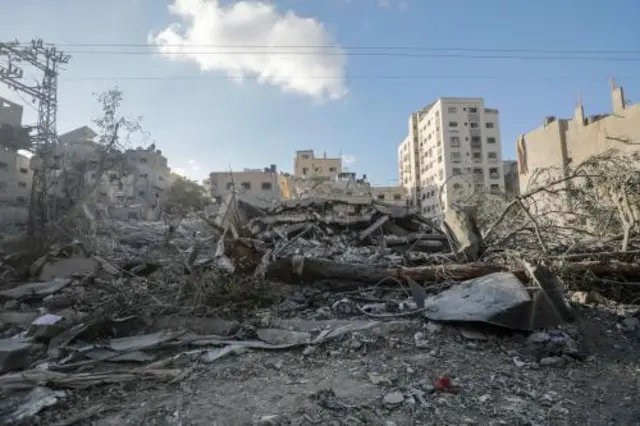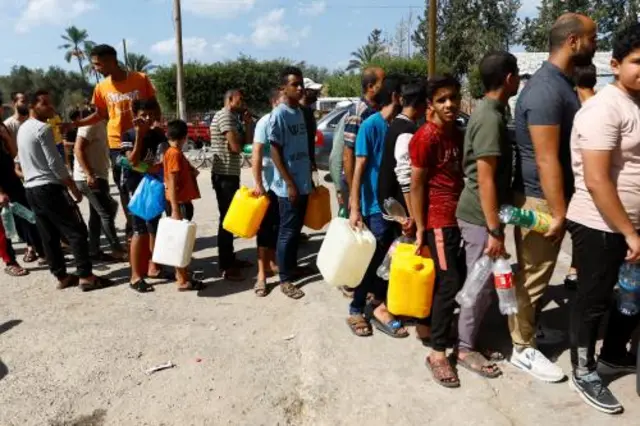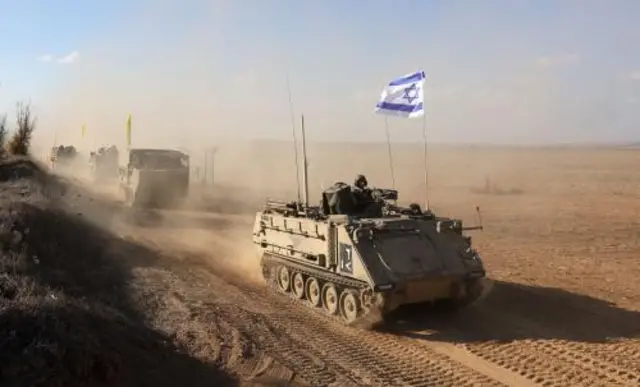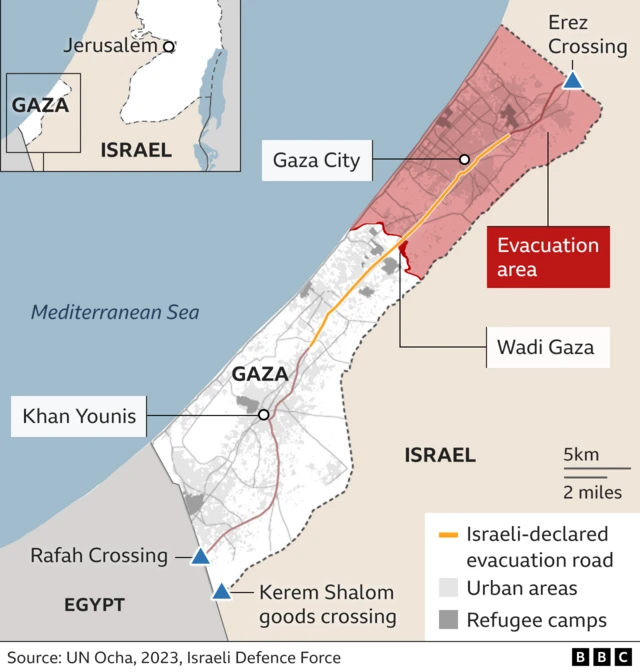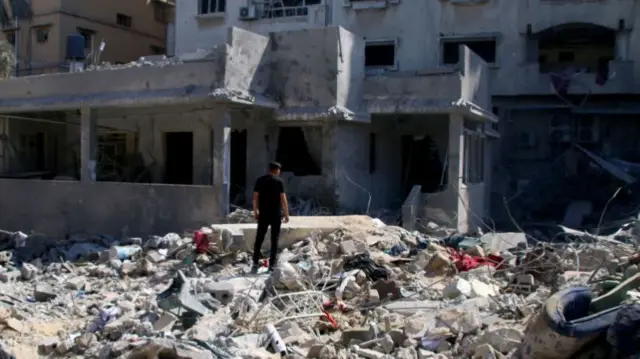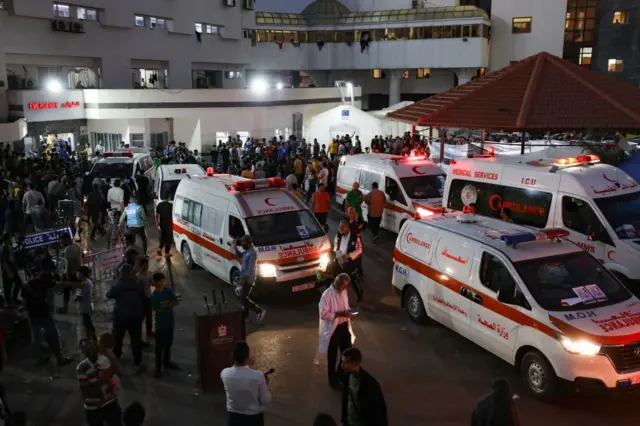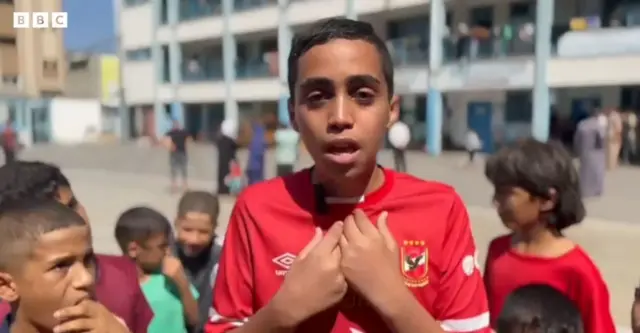Ex-US ambassador named US special envoy for Middle East Humanitarian Issuespublished at 01:53 BST 16 October 2023
Former US ambassador to Turkey David Satterfield has been appointed the US special envoy for Middle East Humanitarian Issues, the White House said on Sunday night.
Satterfield will lead US diplomacy to "urgently address the humanitarian crisis in Gaza", National Security Advisor Jake Sullivan said in a statement, external. He added this will include "ensuring life-saving assistance can reach vulnerable people throughout the Middle East".
Satterfield has previously served as Director of Arab and Arab-Israeli Affairs in the State Department and as Director for Near Eastern Affairs on the National Security Council.
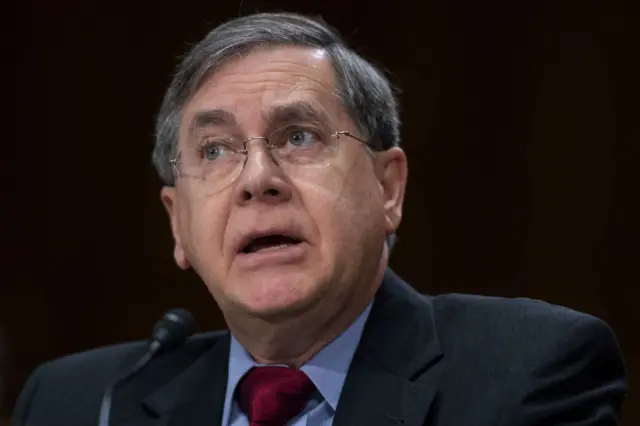 Image source, Getty Images
Image source, Getty ImagesDavid Satterfield
